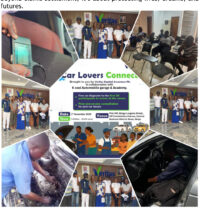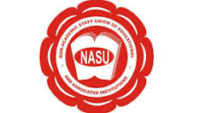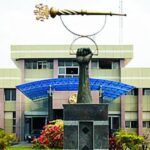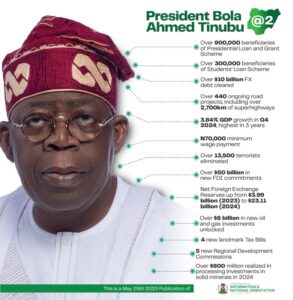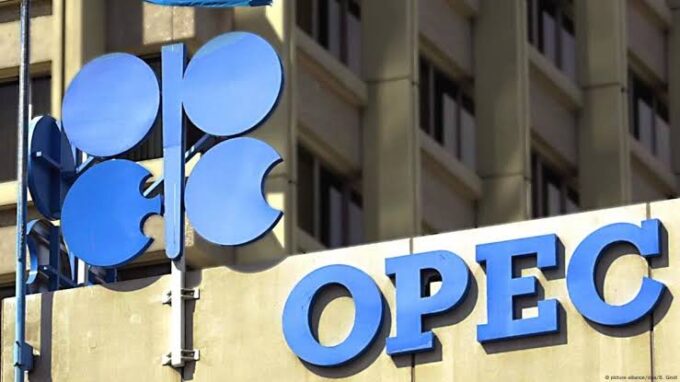The Chief Executive Officer and President of Dangote Industries Limited, Aliko Dangote, has revealed why his companies are successful , dismissing accusations that they monopolise key sectors of Nigeria’s economy.
For many years his business empire has faced criticism for allegedly using its dominant position to shut out competition— a searchlight that has only increaded since the launch of its $20 billion oil refinery.
The multi-billionaire businessman said his success is the result of strategic investment and entrepreneurship, not special treatment or restrictive policies, but with first mover advantage, not monopoly as being labeled by his critics.
Dangote response came as a result of a feature by Bloomberg on Thursday, 22 August, 2025 which alleged that some of Dangote’s greatest successes occurred in sectors where imports are banned or restricted, including sugar and cement.
The report recalled that in 2007, then-US Consul General Brian Browne cited criticisms of Dangote’s practices in a private cable published by WikiLeaks:
“To detractors, he is a predator using connections in a corrupt political economy to tilt the playing field in his favour and sideline potential competition.
“It is no coincidence that many products on Nigeria’s import ban lists are items in which Dangote has major interests,” Browne wrote.
But Dangote, who said he holds Browne in high esteem, countered the allegation, saying that imports of the products in question were not banned at the time.
While arguing that that he simply capitalised on opportunities that others failed to exploit, Dangote explained that Africa must prioritise industrialisation and resist becoming a dumping ground for foreign goods.
According to him, his success is about first-mover advantage, not monopoly .
The first-mover advantage refers to an advantage gained by a company that first introduces a product or service to the market The first-mover advantage enables a company to establish strong brand recognition and product/service loyalty before other entrants to the market.
“If you are going to call first movers into business monopolists, then you will never establish a manufacturing base, or you’ll never establish anything that you call a country,” Dangote said, admitting that the stress of getting the refinery operational, just as he also noted the challenges posed by Nigeria’s limited public services.
“Right from the beginning of building the refinery, we realised that nobody could provide us with any service. You have to provide almost everything by yourself,” Dangote said.
Reflecting on the ordeal, he added, “If I knew what I was going to go through, I wouldn’t have tried it.”


